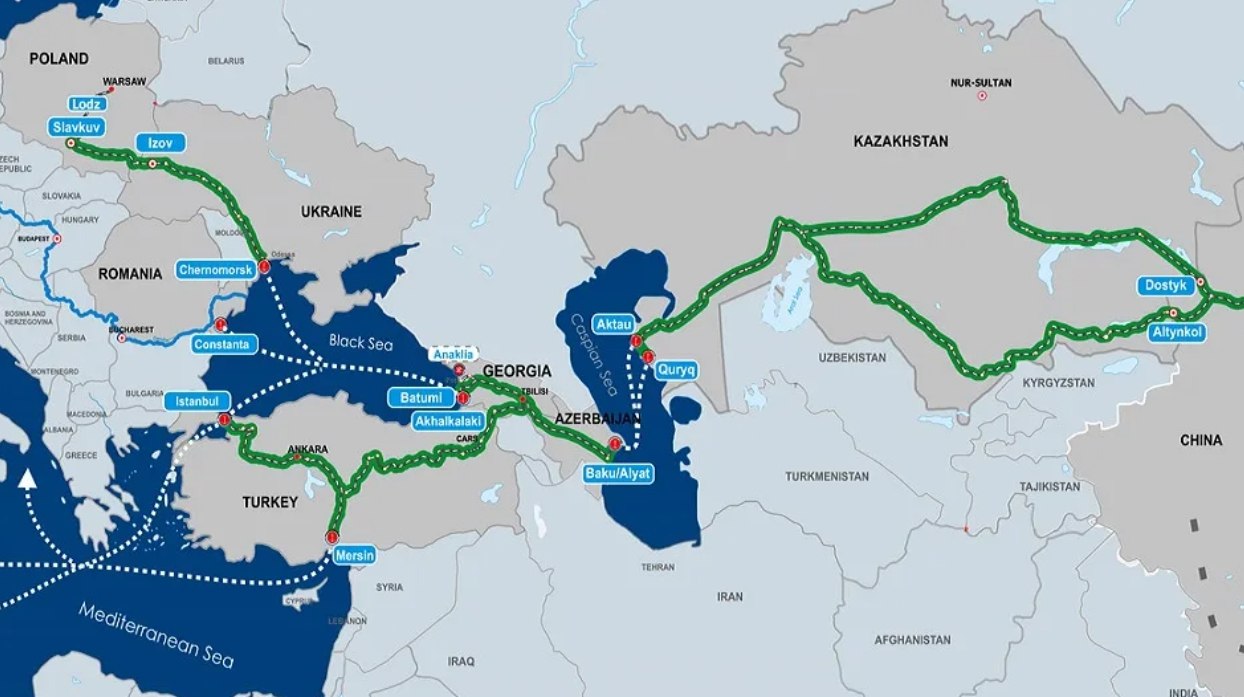Uruguay’s integration and commercial expansion towards the markets of Caucasus, Eurasia, Eastern Europe and Western Asia represents a key strategy to diversify its economy and strengthen its position in international trade. These markets, which cover a region rich in resources and with a significant growth potential, offer unique opportunities for Uruguayan products, especially in sectors such as agribusiness, technology and services.
The Caucasus, composed of countries like Azerbaijan, has become a connection point between Europe and Asia. Its strategic location and its natural resources make this region an attractive market for Uruguay. The export of agri -food products, such as meat, dairy and cereals, can find a niche in these countries, where the demand for quality food is increasing. In addition, establishing solid commercial relations in Caucasus can facilitate access to other broader markets in Asia and Europe.
On the other hand, Eurasia, which includes growing economies such as Kazakhstan and Uzbekistan, presents a favorable context for commercial expansion. These countries have been investing in economic modernization and infrastructure development, which creates opportunities for the export of Uruguayan technology, as well as for cooperation in areas such as sustainable agriculture and renewable energy. The signature of trade agreements that eliminate tariff barriers and facilitate trade can be a fundamental step to establish closer links with these economies.
Eastern Europe, which includes countries such as Poland, Romania and Ukraine, also represents an attractive market. As these countries continue their integration process with the European Union, the demand for quality and sustainable products increases.
Uruguay can be positioned as a reliable supplier of food and goods, taking advantage of its reputation in responsible agricultural production. Participation in commercial fairs and business missions in this region can facilitate the creation of commercial networks and the establishment of lasting relationships.
To achieve successful integration, Uruguay must adopt a strategic approach that contemplates several actions. The promotion of commercial missions, participation in international fairs and cooperation in areas such as education and innovation are fundamental. In addition, investing in logistics infrastructure and improving transport capacities will facilitate trade and allow Uruguay to position themselves as an entry point for other markets.
Cultural awareness and understanding of local dynamics are also crucial aspects. Encourage cultural and educational exchange will help build more solid relationships and generate confidence among countries. Training Uruguayan companies in the particularities of each market will allow better adaptation to the needs of local consumers.
In conclusion, the integration and commercial expansion of Uruguay towards the markets of Caucasus, Eurasia, Eastern Europe and Western Asia offers a promising path to diversify its economy and foster sustainable growth. Through strategic trade agreements, active participation in fairs, cooperation in innovation and cultural awareness, Uruguay can establish solid commercial relations that benefit both their economy and the countries of these regions, creating a panorama of mutual opportunities that promote development and shared prosperity.


















